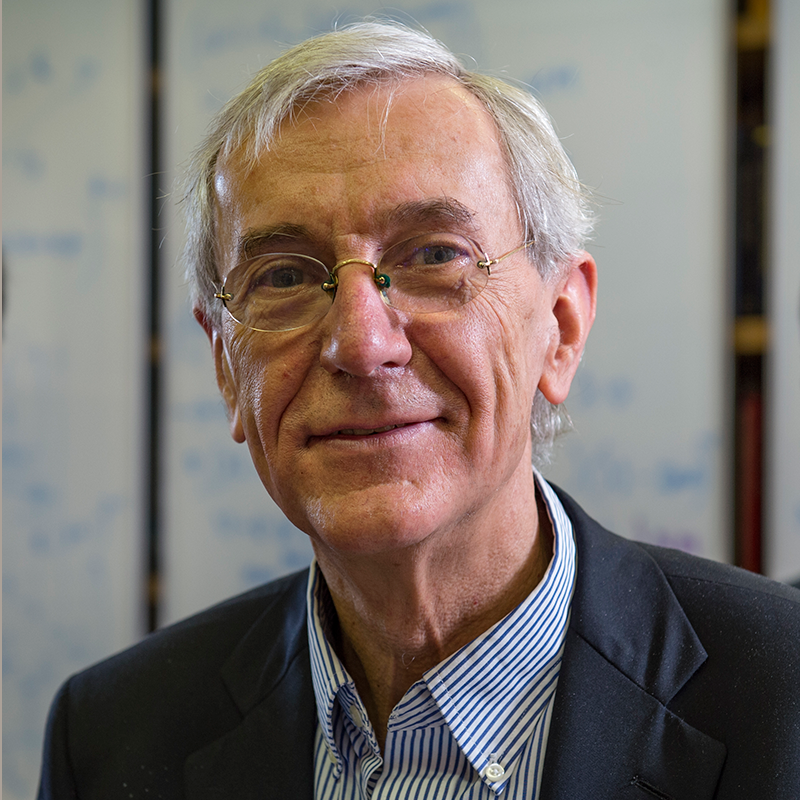
José Moura
Philip L. and Marsha Dowd University Professor, Electrical and Computer Engineering
Bio
José M. F. Moura is the Philip L. and Marsha Dowd University Professor at Carnegie Mellon University, with the Electrical and Computer Engineering and, by courtesy, the BioMedical Engineering. He is a member of the US National Academy of Engineers, see IEEE Technical SPOTLIGHT announcement, Fellow of the US National Academy of Inventors, a corresponding member of the Portugal Academy of Science, an IEEE Fellow, and Fellow of the AAAS.
Education
Agregacão, 1979
Electrical and Computer Engineering
Technical University of Lisbon
DSc, 1975
Electrical Engineering and Computer Science
Massachusetts Institute of Technology
M.S., 1973
Electrical Engineering
Massachusetts Institute of Technology
EE, 1973
Electrical Engineering
Massachusetts Institute of Technology
Licenciado EE, 1969
Electrical Engineering
Technical University of Lisbon
Research
Signal Processing and Telecommunications
Professor Moura works in statistical signal processing and telecommunications. He has interests in video, wireless communications, wavelet-based processing, and detection in high-density recording. Two current research thrust areas are the following:
Content-Based Video Processing
Efficient methods are developed to manipulate, edit, store or transmit video. Rather than representing video in terms of pixels and frames, we describe it by the video contents, which include background and foreground moving objects, such as cars or walking humans.
Robust Detection and Classification
In numerous applications, the detection and classification of a pattern is desirable. Patterns are distorted by noise and other artifacts. Professor Moura's group designs wavelets that are robust to these distortions, and apply these methods to wireless digital and to focusing radar images as in synthetic aperture radar (SAR).
Spiral: Optimized Portable Library of Signal Processing Algorithms
This project combines signal processing algorithms with artificial intelligence and learning methods, compiler technologies and computer architecture design to develop a library of optimized implementations of signal processing algorithms that is portable across a number of high-performance computing platforms.
Keywords
- Data science
- Graph signal processing
- machine learning
- Deep learning
- Network science
- Urban science
- Statistical signal/image/video processing